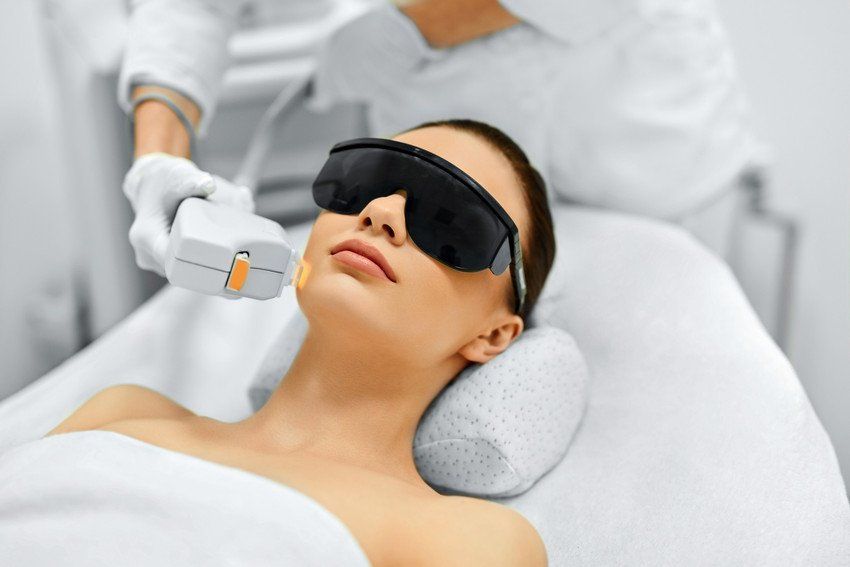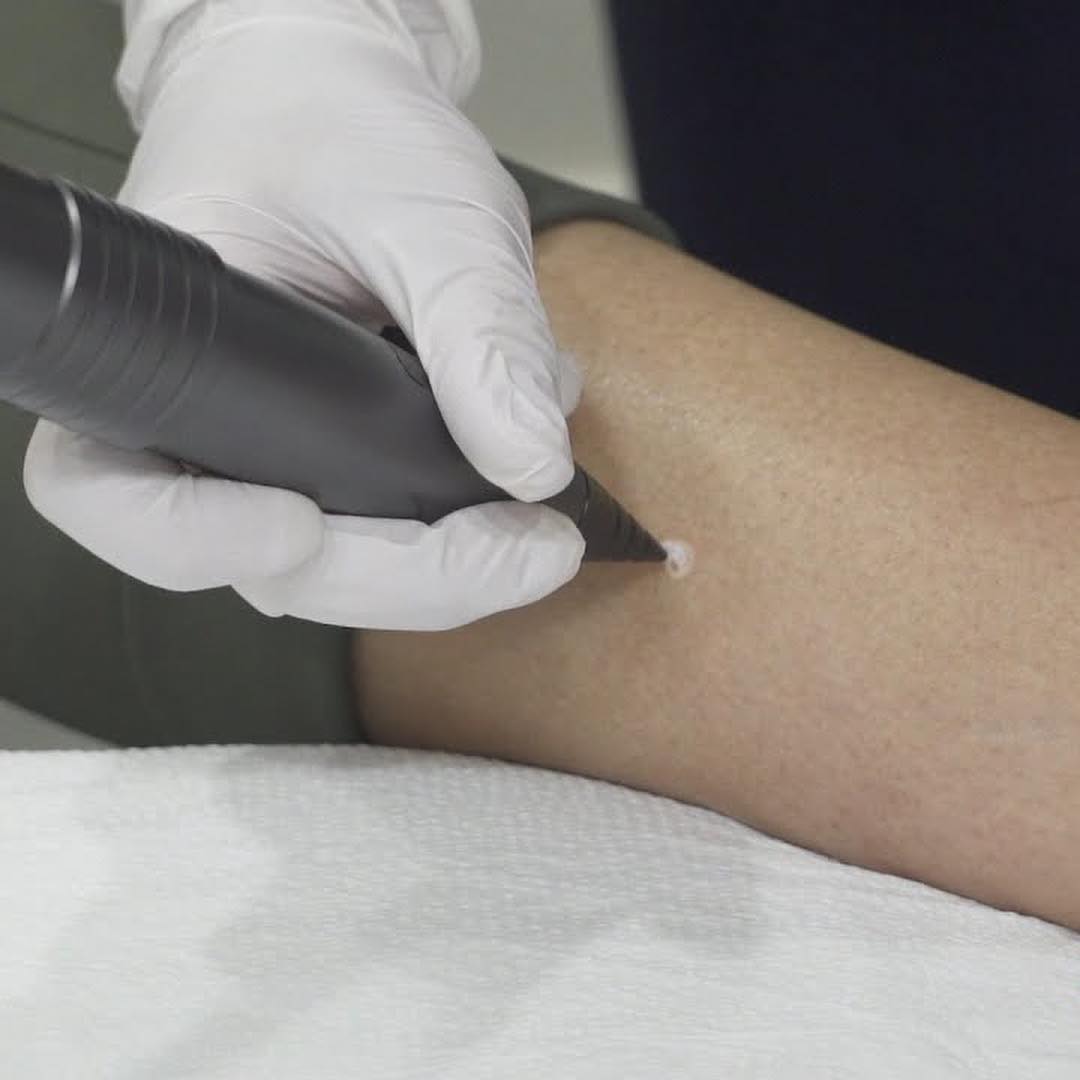Polycystic Ovary Syndrome (PCOS) and Laser hair removal
Polycystic Ovary Syndrome (PCOS) is a hormonal disorder that affects many women of reproductive age. It is characterized by the presence of small cysts on the ovaries, irregular menstrual cycles, and an excess of male hormones called androgens. PCOS can have various effects on the body, including changes in hair growth patterns, particularly on the face, chest, and back.
One of the most common symptoms of PCOS is hirsutism, which refers to excessive hair growth in areas that are typically more associated with male pattern hair growth. This excess hair growth is primarily caused by the elevated levels of androgens in the body. Androgens stimulate the growth of coarse, dark hair in areas such as the upper lip, chin, and cheeks.
The impact of excessive hair growth on individuals with PCOS can be distressing and may affect their self-esteem and quality of life. Many women with PCOS seek ways to manage and reduce unwanted hair growth. One effective method that has gained popularity is laser hair removal.
Laser hair removal works by targeting the melanin (pigment) in the hair follicles with concentrated light energy. The heat from the laser damages the follicles, inhibiting future hair growth. This process is selective, as the laser specifically targets the dark, coarse hairs while leaving the surrounding skin undamaged.
Laser hair removal has proven to be particularly effective for people with PCOS because it can provide long-term hair reduction. Since PCOS-related hair growth is often caused by hormonal imbalances, other methods of hair removal, such as shaving or waxing, only provide temporary relief. Laser hair removal, on the other hand, can provide a more permanent solution.
It is important to note that laser hair removal is not a one-time treatment and requires multiple sessions to achieve the desired results. The number of sessions needed may vary depending on individual factors such as hair thickness, hair color, and skin type. However, most individuals with PCOS experience a significant reduction in hair growth after completing a series of treatments.
In addition to its effectiveness in reducing unwanted hair growth, laser hair removal also offers other benefits. It is a non-invasive procedure that does not require any downtime, allowing individuals to resume their normal activities immediately. Furthermore, it is a relatively quick treatment, with each session typically lasting between 15 minutes to an hour, depending on the size of the treatment area.
In conclusion, PCOS is a hormonal disorder that can lead to excessive hair growth, causing distress and affecting self-esteem. Laser hair removal offers an effective and long-term solution for individuals with PCOS who experience unwanted hair growth. By targeting the hair follicles with concentrated light energy, laser hair removal can inhibit future hair growth and provide a significant reduction in hair density. It is a safe and non-invasive procedure that can improve the quality of life for those with PCOS.











